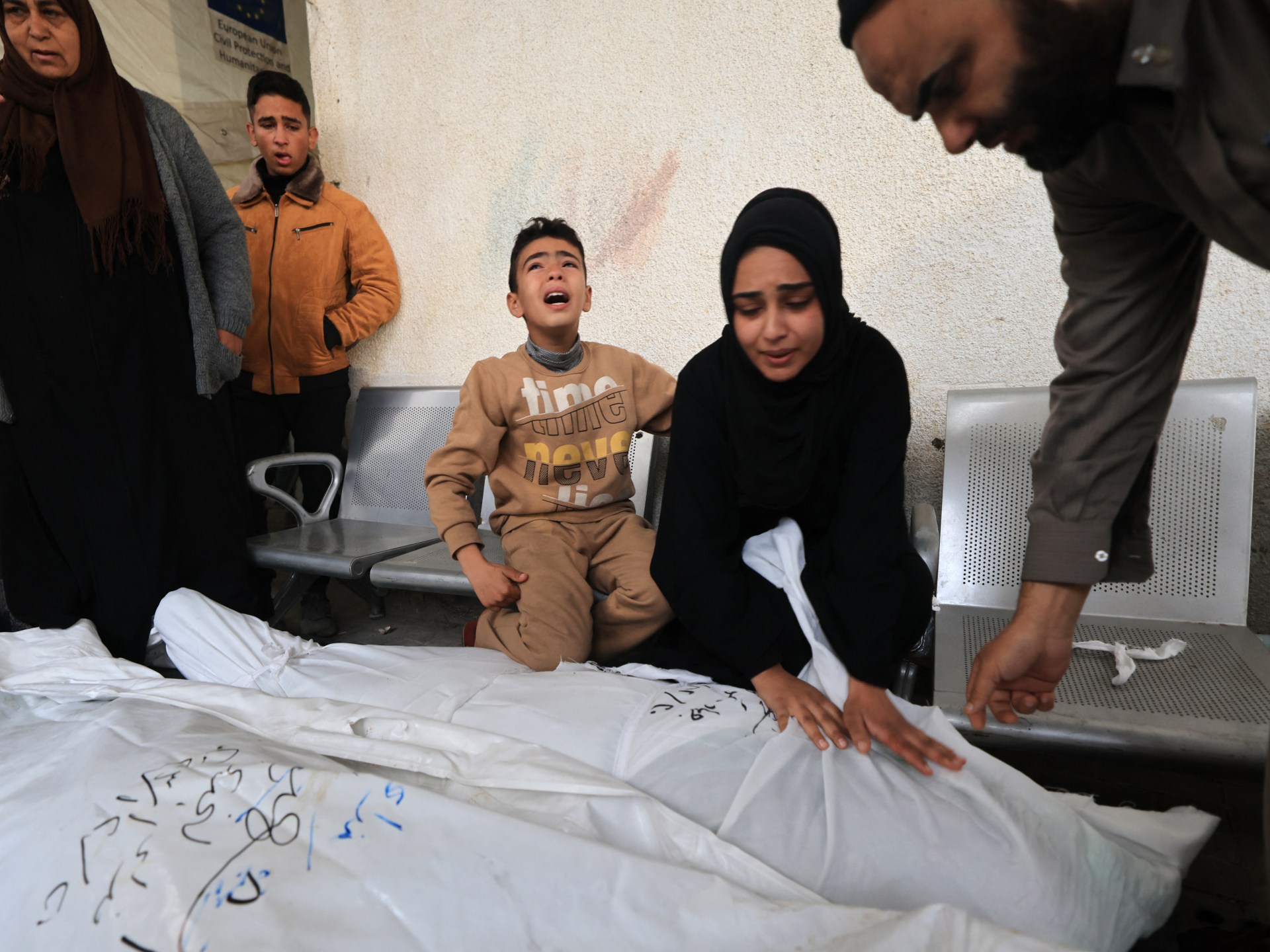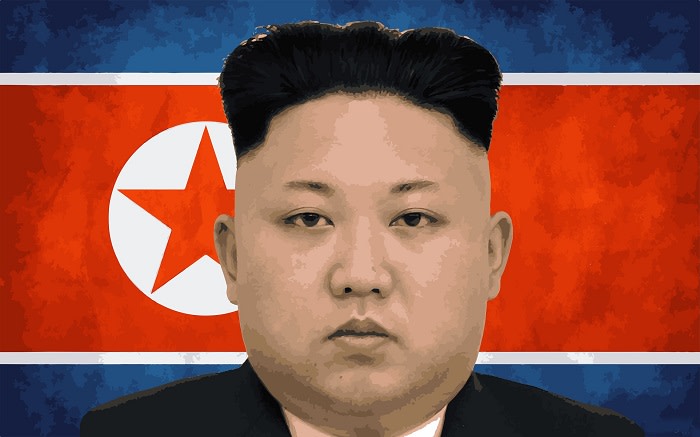
In the Jabalia refugee camp north of Gaza, the screams of an eleven-year-old boy named Ahmad echo through the air. “I want my Baba, my Baba, Baba” Ahmad sobs. His appeal echoes through the camp and reveals the deep void left by the murder of his father by Israeli occupying forces.
“Where are you, Baba? Why did they murder you? What crime did he commit?”
People try to comfort the grieving boy, but he cannot console himself: “He promised me to stay alive and not to leave. I am tired. Leave me alone.”
Meanwhile, a few thousand kilometers away in Belgium, another Palestinian boy, 15-year-old Zain, is mourning the death of his father, Al Jazeera cameraman Samer Abudaqa. Zain recounts the tragedy that unfolded on December 15 and revealed the cruelty of his father’s assassination by an Israeli drone.
After being hit by shrapnel, Samer bled to death for five hours on the grounds of Farhanah, the high school I attended in Khan Younis. Three members of a rescue team, including my friend Rami Budeir, who tried to save Samer, were also attacked and killed.
The extent of the atrocity is reflected in Zain’s teary eyes and face as he speaks about his father. He promises to pray for him every day. His voice cracks as he sings a song he wrote for his father. “My heart misses you. The separation torments me. My heart is lost after you, and bitterness is the taste in my mouth.”
Zain’s words in Belgium, Ahmad’s screams in Jabaliia reach me here in Edmonton, Canada.
I sob, unable to shake the images of her pain or deal with the questions they provoke. My heart has broken a thousand times in the last 80 days and it will break again. I cannot escape the thoughts of these children enduring the lasting trauma of being intentionally orphaned by a genocidal army.
What makes the pain even more unbearable is the fact that Zain is the same age as my own son Aziz and bears a striking resemblance to him in every way – facial features, height, body, voice and even choice of clothing and hairstyle. These uncanny similarities reinforce the deep sadness I feel for Zain and the hundreds of thousands of children who have lost parents, relatives and friends in Gaza.
When I think of Zain and his father, who was attacked while wearing a press vest, my thoughts turn to another Palestinian orphan, a 12-year-old Donia Abu Muhsen.
Donia was recovering at Nasser Hospital in Khan Younis when Samer’s body was brought and prepared for burial. The Israeli bombing of a house where Donia and her family were taking refuge killed her parents and two siblings and shattered her leg, requiring amputation.
As Donia looks into the camera in a video filmed a few days before her death, she has a slight smile on her face. Your will to live and dream is strong. She says she wants to study and become a doctor. “We’re alone now without it [my family]. I was very connected to [them]. But I have to keep going,” she says.
But the Israeli occupying forces wouldn’t let her. Two days after they murdered Samer, they killed Donia’s dream. They bombed Nasser Hospital and murdered the orphaned girl in her hospital bed.
I wonder about other children who survive, but their hearts and bodies are broken and there is no one left from their extended families to care for them. Another young orphan, perhaps Donia’s age, tells her harrowing story in another video. She tells of the loss of 70 people, including their parents, siblings, grandparents, aunts and uncles, who sought refuge in a beach chalet after losing their home.
Only she and her five-year-old brother Kanan survived. Since she can no longer walk and urgently needs an operation, she prays for the Rafah border crossing to open and hopes for an opportunity to leave the border crossing.
She is one of the 55,000 wounded the world is currently abandoning, scattered across Gaza where a man-made medical collapse is taking place. Through tears, with a voice and an expression that could break even the hardest stone, the girl says: “If the border is not opened within 48 hours, I will no longer be able to walk.” I am in a lot of pain and miss walking and my parents very much.”
Given the horror and pain experienced by children in Gaza, the call for justice is not a mere appeal, but a global appeal to humanity, to its collective conscience, if it still exists.
This comes at a time when those in power, led by America, are openly endorsing this genocide and standing in the way of ending it. They are causing more children to be orphaned, starved, homeless, bombed day and night, and denied access to health care, education, and parental love and care.
Yet there is also a growing chorus of voices of peace and hope.
When receiving the Hannah Arendt Prize, Russian-American activist Masha Gessen emphasized the crucial opportunity the world still has to intervene in Gaza. Gessen emphasized: “The biggest difference between Gaza and the Jewish ghettos of Nazi-occupied Europe is that many Gazans, most Gazans, are still alive and the world still has the opportunity to do something about it company.”
Although we were unable to save Donia and the parents of Zain, Ahmad and the little orphan girl, there is still a chance to save those who are still alive in Gaza. We need a ceasefire now!
The views expressed in this article are the author’s own and do not necessarily reflect the editorial stance of Al Jazeera.






Recent Comments